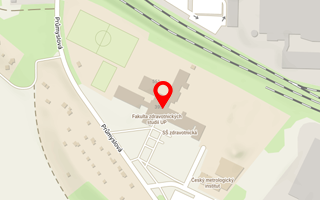Publikace detail
A cross-border educational session promoting nursing dysphagia screening in Greece: A pilot study
Autoři:
Mandysová Petra | Fusek Josef | Tsiou Chrysoula | Plakas Sotirios
Rok: 2016
Druh publikace: článek v odborném periodiku
Název zdroje: Kontakt
Strana od-do: e56-e63
